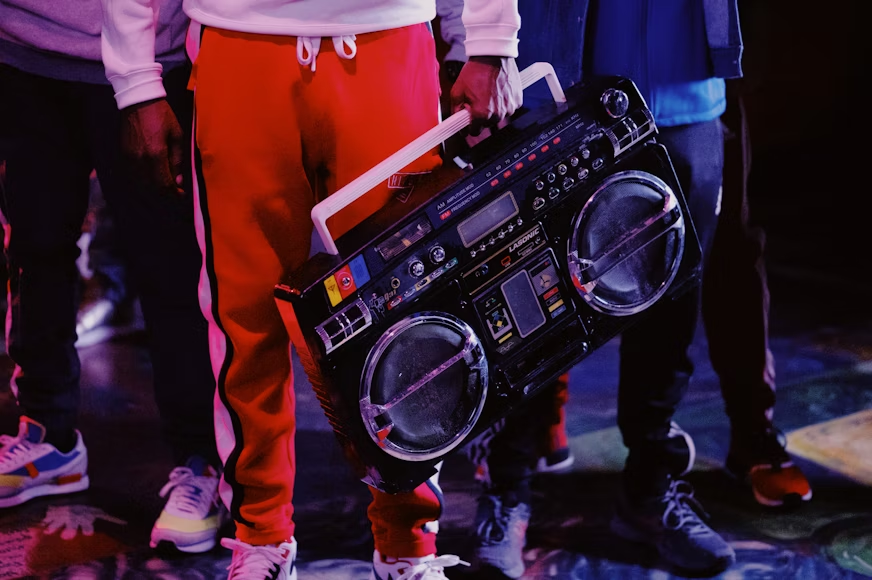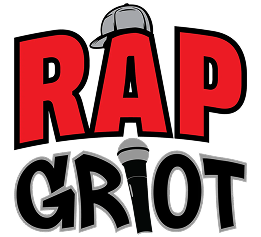
Hip hop has never been about beats and bars. For decades, the genre has served as a megaphone for the people. From the gritty corners of the Bronx to global stages, hip hop culture continuously calls out injustice, educates communities, and sparks conversations that matter. In 2025, a new battlefront emerges where the mic proves just as powerful as ever: public health. Showing up and speaking out can be an influential tool when put to a sick beat. They’re not waiting for mainstream campaigns to do the work. They’re using their platforms to protect people.
Below, we break down how hip hop artists transform tracks into instruments for survival and collective healing.
The Legacy of Hip Hop Activism
To understand how hip hop influences public health, we have to recognize its activist roots.
In its deep dive into Tupac Shakur’s political legacy, GQ writes, “Tupac never saw his art as separate from activism.”
From Public Enemy’s fiery critiques of systemic racism to Queen Latifah’s ‘U.N.I.T.Y.’ anthem calling out domestic violence, the genre has always been a lifeline for truth-telling.
BET explains that it has historically amplified the voices of marginalized communities and pushed issues like police brutality and education into the spotlight.
Speaking Up About Environmental Injustice
Public health is about where you live, what you breathe, and what’s in your water.
Enter artists like Dead Prez, who’ve long addressed environmental and food justice in their lyrics. Newer movements are also gaining traction as artists start to confront the impact of toxic chemicals, like PFAS, aka “forever chemicals.”
Found in AFFF (Aqueous Film Forming Foam), prolonged PFAS exposure is linked to liver and thyroid cancer. The findings led to the highly publicised AFFF firefighting foam lawsuit. Firefighters and military personnel were the most affected.
The latest AFFF lawsuit update now includes 10,520 cases. But the fight is far from over. Plaintiffs claim manufacturers failed to warn users properly about the dangers.
Hip hop artists have started taking note and referencing this kind of environmental negligence. The result? Listeners are exercising their rights and joining ecological justice efforts.
Mental Health: From Taboo to Talked About
Once considered off-limits in the rap game, mental health takes a front seat.
Kendrick Lamar, Kid Cudi, and G Herbo have opened up about depression, anxiety, and trauma, turning personal struggles into powerful messages.
Kendrick’s ‘Mr. Morale & The Big Steppers’ is essentially a therapy session in album form, forcing fans to reflect on generational trauma and healing.
Hip hop’s growing transparency is breaking down stigma and encouraging fans, particularly young Black men, to seek help.
It’s not only lyrics, either. Logic’s ‘1-800-273-TALK’ track didn’t just climb charts; it saved lives. Calls to the National Suicide Prevention Lifeline spiked after its release, proving that music can do more than entertain; it can intervene.
Hip Hop Versus The Opioid Epidemic
The opioid crisis has ravaged communities across the U.S., and hip hop is taking notice.
Meek Mill, Lil Baby, and Joyner Lucas use their voice to highlight addiction, overdose, and the medical system’s failures. These stories hit harder when delivered in rhyme, when they come from lived experience.
Beyond the music, artists are partnering with grassroots organizations to educate fans about Narcan, overdose prevention, and the dangers of fentanyl-laced pills.
By blending storytelling with survival tips, artists are transforming concerts into classrooms and saving lives in the process.
Women Are Leading the Charge
Let’s give it up for the queens of the culture. Women have long led the way in using music for empowerment and wellness.
From Salt-N-Pepa’s calls for sexual autonomy to Megan Thee Stallion’s Bad Bitches Have Bad Days Too website, these artists are shifting the narrative.
Megan, in particular, opened up about her mental health struggles after her traumatic shooting incident in 2020. Her vulnerability sparked national conversations about Black women’s mental health, trauma, and resilience.
This kind of advocacy is more than personal; it’s public health leadership.
Final Bars
When an artist drops a track about trauma or tweets a hotline number, it’s more than just content. It’s a lifeline.
And it works.
A Black Westchester article exploring hip hop’s activist role explains how these messages offer “edutainment” that resonates deeply with audiences.
Hip hop doesn’t lecture. It relates. And that’s why it cuts through the noise in ways traditional campaigns often can’t.
The world needs truth-tellers more than ever. With disinformation swirling and health disparities growing, hip hop remains one of the most trusted messengers.
